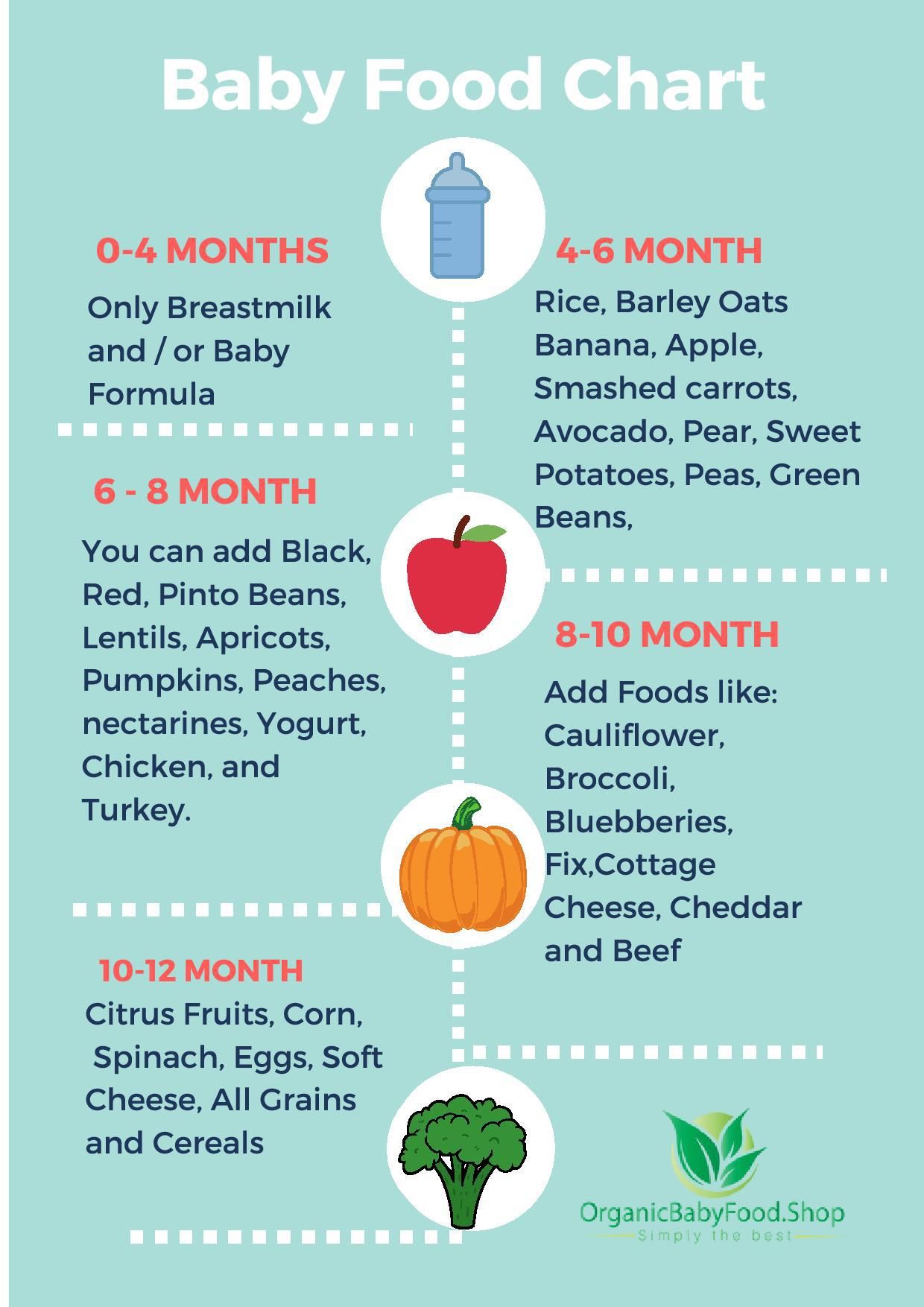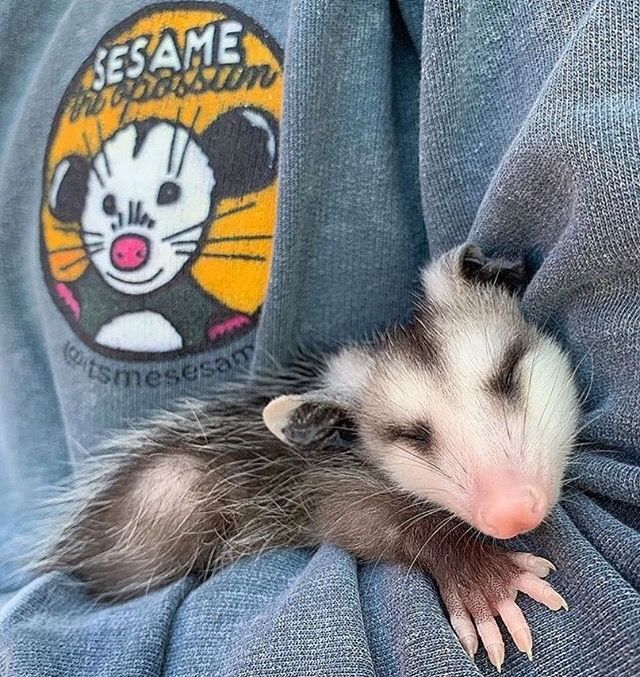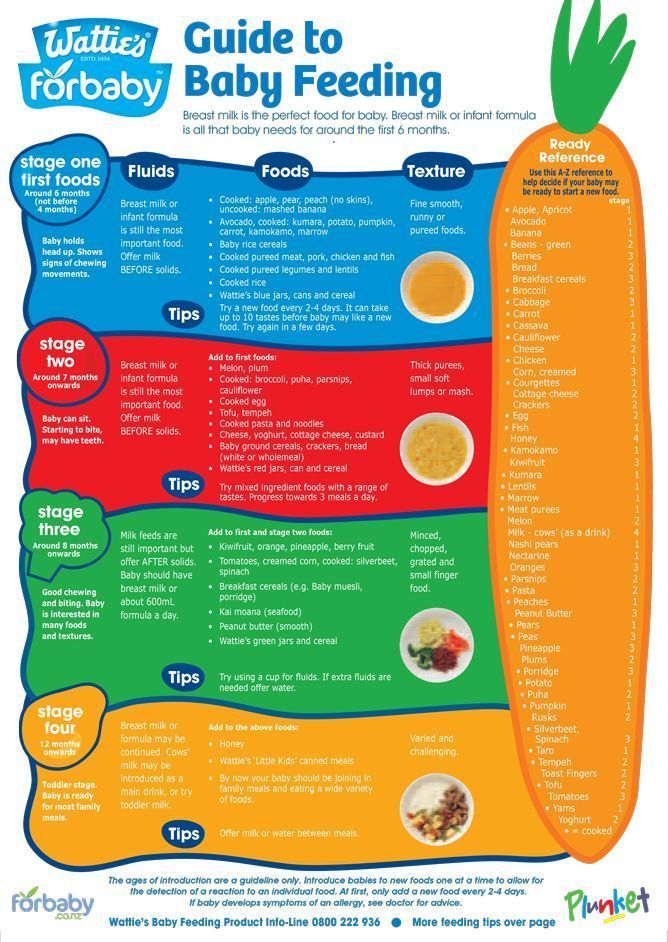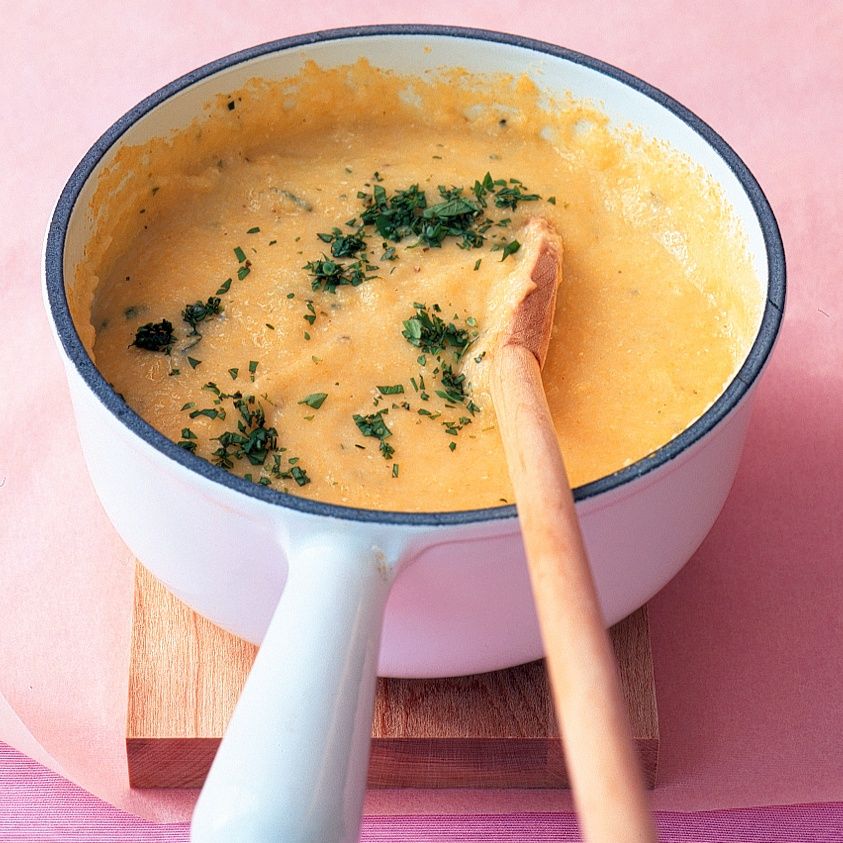Baby eats hands after feeding
Reasons, Dangers, How to Deal With It
Babies suck their thumbs, right? It’s like a quintessential part of being a baby. But what if your baby is sucking on their whole hand, fist, or their other fingers… is that normal?
The short answer: Yes. The long answer? Well, that’s yes, too, plus some additional explanation. Everything a baby does is basically a way of communicating. So, if your baby’s spending a lot of time sucking on their hand, they’re probably trying to tell you something.
Here’s how to figure out what that “something” is.
To understand why your baby is sucking on their hand(s), you’ll have to do a little detective work. The reason will depend on how old they are and what other developmental phases they’re going through. Here are the most common explanations.
Hunger
In the newborn months, a baby who sucks their hand may be trying to tell you they’re hungry. Think about it: Every time they suck on a bottle or nipple, they get food! It’s a natural sucking instinct, similar to rooting, meant to clue you in that it’s time for another feeding.
Most of a newborn baby’s hunger cues, in fact, involve their mouth. according to WIC Breastfeeding Support, your baby may also open and close their mouth or smack their lips to let you know they are ready to eat.
Self-soothing
OK, but what if you juuuust fed your baby and you know they’re pretty full?
In this case, sucking on their hand may be a sign of self-soothing. Young babies often fall asleep on the breast or bottle, so they may come to associate the sucking reflex with the initial stages of sleep and suck on their hand to help them relax and wind down.
You may also see older babies — in the 7 to 8-month range — sucking on hands or fingers for the same reason: It produces a calming sensation that relaxes them.
If you notice your baby sucks on their hand during times of stress (such as when meeting new people or feeling under the weather), it’s probably a self-soothing strategy.
Teething
Most babies begin teething between 4 and 7 months old, so while you can probably rule this out for a newborn, it could definitely be causing your older baby to suck on their hands, fists, or fingers. Their gums hurt and rubbing something against those sore spots feels good!
Their gums hurt and rubbing something against those sore spots feels good!
If your baby has been drooling a ton, acting more irritable than usual, or having more frequent wakings, it’s probably safe to assume teething is to blame (and you have our condolences, because that is not a fun phase).
Exploration
Sure, it may sound weird that hands could be a source of entertainment, but to a young baby (think 2 or 3 months old), hands are freaking fascinating. And you know what’s even more fascinating? Realizing you can control them!
Babies this age are just starting to figure out they have these super useful tools attached to their bodies that they can wave around, pick things up with, and stick in their mouth.
They’re also figuring out their senses and learning that different things have different tastes, textures, and temperatures. This is all ridiculously interesting for new humans.
Boredom
Newborns typically have a busy schedule full of eating, pooping, crying, and sleeping.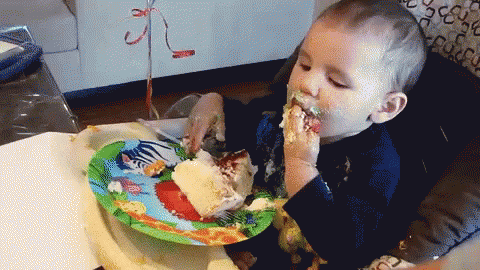 But once your baby starts spending a little more time awake every day, they might experience a totally new sensation: Boredom.
But once your baby starts spending a little more time awake every day, they might experience a totally new sensation: Boredom.
It’s healthy for your baby to spend some supervised time outside of your arms, like in a bouncy seat or play pen. Eventually, though, they’ll get tired of hanging out away from you.
A baby who sucks on their hand may be sending a self-soothing cue that they need a change of scenery.
There’s nothing inherently wrong or bad about your baby sucking on their hand or fingers. You should, however, make sure that:
- your baby’s hands are clean
- they aren’t in any pain or discomfort
- the general environment around them is safe and comfortable
Some people worry that their baby’s thumb- or hand-sucking will interfere with oral development. The good news is that the American Dental Association (ADA) reassures parents that the behavior doesn’t usually cause problems in the first few years of life.
The experts say that it’s only after age 4 that you may want to start gently discouraging the habit to avoid future problems with the mouth.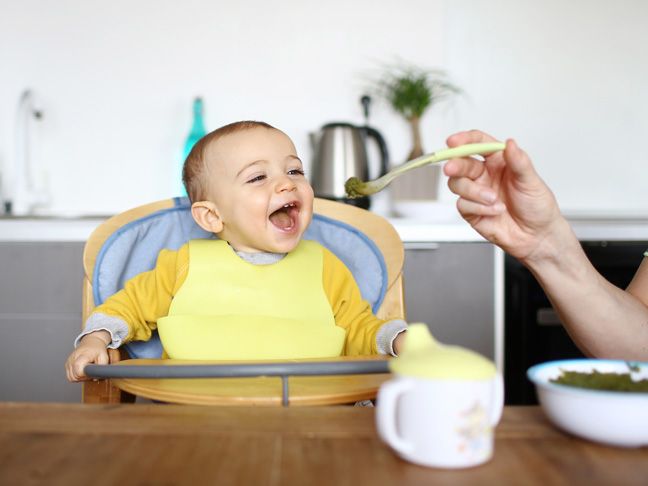
You don’t really have to do much of anything when your baby is sucking on their hand — except feed them if it’s a hunger cue! Still, we did tell you that it’s a form of nonverbal communication, so how you respond depends on what your baby is telling you.
- A baby who has recently discovered their hands isn’t that far from finding other objects lying around them, so make sure you’ve babyproofed. Reaching out to grab things is probably one of their next developmental stages. This is also a prime opportunity to introduce them to fun sensory toys like rattles, crinkly stuffies, and cloth books.
- If your baby is sucking their hand because of teething pain, offer them a teething toy, cold washcloth, or frozen feeder. You may also choose to give them a safe over-the-counter medication, like infant acetaminophen or ibuprofen, as needed, especially if teething is interfering with their sleep.
- Hand-sucking to self-soothe or relieve boredom isn’t an urgent situation, but you don’t want your baby to become distressed.
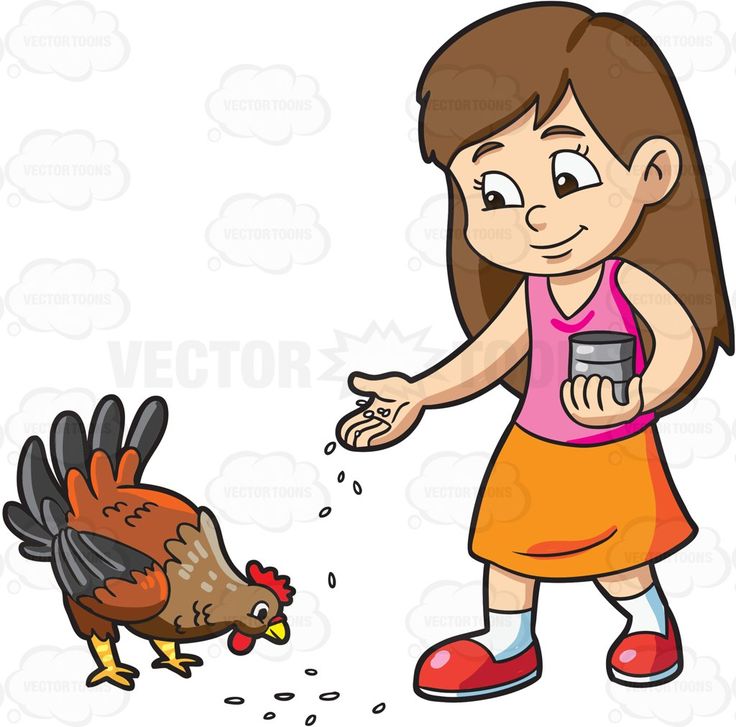 Try to think about the root cause. Are they having trouble falling asleep on their own? Have they gotten overstimulated? Is it time to babywear instead of relying on the pack ‘n play? In these cases, a pacifier might be a useful swap, too.
Try to think about the root cause. Are they having trouble falling asleep on their own? Have they gotten overstimulated? Is it time to babywear instead of relying on the pack ‘n play? In these cases, a pacifier might be a useful swap, too.
Yep! Babies move quickly from one phase to the next, so it won’t be long before they’ve found something else to hold their attention — like their toes! Plus, as their language develops, they’ll be able to communicate their needs and wants with gestures and, eventually, words.
If they’re just a plain ol’ hand- or thumb-sucker, they’ll likely grow out of that, too. Most kids drop the habit between the ages of 2 and 4, leaving only a small percentage of kids still thumb-sucking after that.
If your baby turns into a preschooler and they’re still sucking on their hands or fingers, you should speak to your child’s pediatrician. Generally, it’s not productive to force your child to stop before they’re 4 years old, but there are ways you can redirect your child to help break the habit.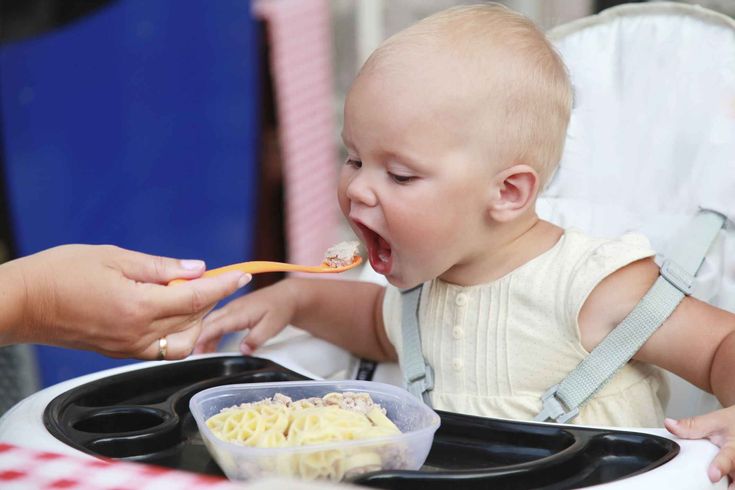
If your child is over the age of 4 and still sucking on their hands, you may want to also make an appointment with a pediatric dentist to track your child’s oral development.
If your newborn baby is constantly sucking on their hands and you think it’s a hunger cue, you may want to talk to your pediatrician as well. It’s possible that your baby isn’t getting as much breast milk as you think, leaving them hungry all the time, or that there’s a problem with their latch or sucking reflex.
The vast majority of the time, there’s nothing to worry about when a baby sucks on their hand, fist, or fingers. There are several reasons, all developmentally normal — and unless it looks like your “baby” will be going to kindergarten with their thumb stuck in their mouth, it probably won’t cause oral problems, either.
Why Do Babies Like Chewing on Their Hands?
Why do babies chew on their hands?
Seeing your baby chew on their hand can seem rather disconcerting.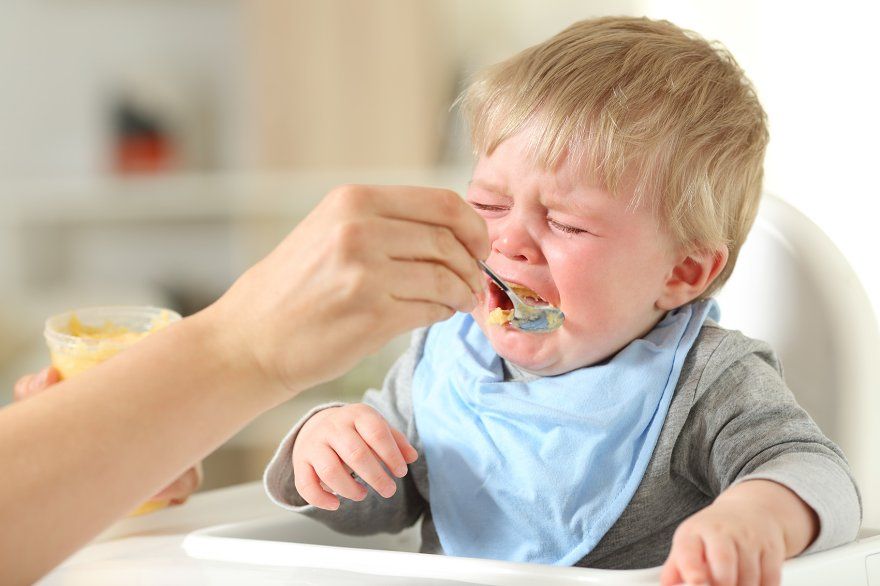 Are they hungry? Do their hands hurt or itch? Are they teething? If only they could answer your questions and tell you what’s going on! Unfortunately, that’s not an option. So instead, we have to turn to the experts for answers.
Are they hungry? Do their hands hurt or itch? Are they teething? If only they could answer your questions and tell you what’s going on! Unfortunately, that’s not an option. So instead, we have to turn to the experts for answers.
Most pediatricians agree that your baby is chewing on their hands simply because they have found them. Babies aren’t born knowing the parts of their bodies or how to control them. But after a few months, they’ll eventually “find” their own hands and realize that those hands are attached to the rest of their body. Putting their hands in their mouth and chewing on them is simply another step in the process of discovering their own bodies, how they work, and what they can do.
Take a quiz
Find out what you can do with our Health Assistant
Your baby is chewing on their hands. Is it teething?
If your baby starts to chew on their hands when they’re about four to seven months old, it could be a sign that they’re teething. Their first teeth beginning to break through their gum tissue causes some discomfort.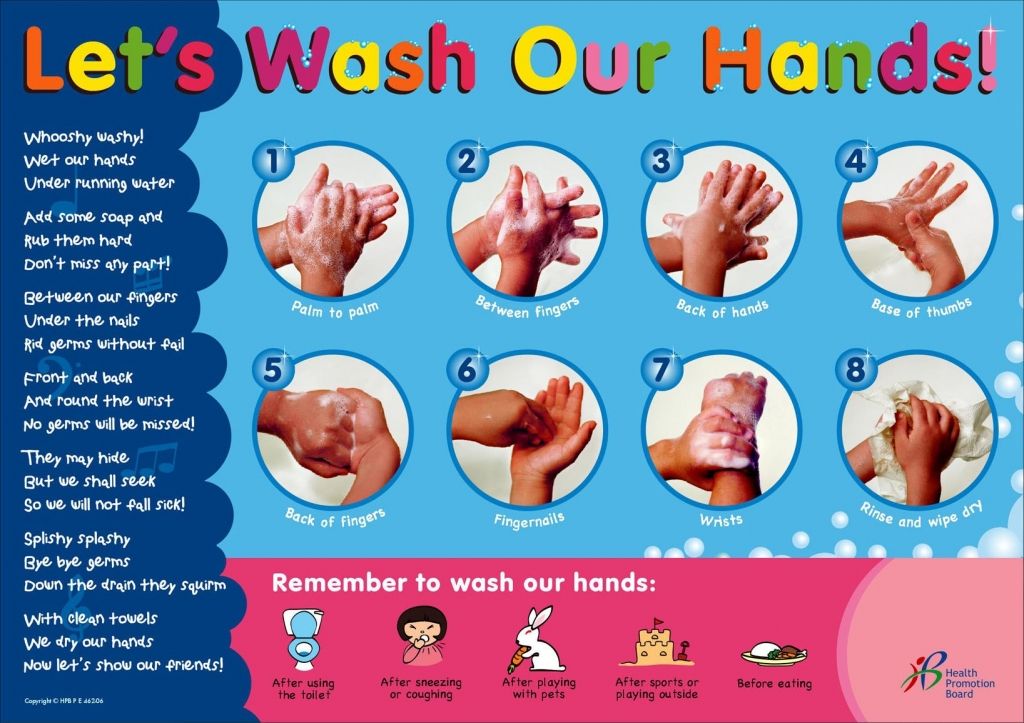 This discomfort causes them to bite on different things, including their hands, to scratch their gums and find relief. Teething is usually accompanied by other signs and symptoms, most commonly:
This discomfort causes them to bite on different things, including their hands, to scratch their gums and find relief. Teething is usually accompanied by other signs and symptoms, most commonly:
- Increased drooling
- Decreased appetite
- Swollen gums
- Fussiness
- Difficulty sleeping
Other babies might chew on their hands when they’re hungry. Other early signs of hunger include:
- Smacking their lips
- Flailing their limbs
- Fussiness
- Crying
- Rooting
If you’re wondering whether your baby is “eating” their hands because they’re hungry, think about when you last fed them. If your baby isn’t hungry, they could be chewing their hands as a simple game.
Other babies chew on their hands as a form of self-soothing, which is a sign that they’re developing well. This could happen when they’re overstimulated and need to calm down. They could also play with their hands when they’re bored and can’t engage with anyone but themselves.
Should you do something when your baby is “eating” their hands?
If you’re concerned about your baby chewing on their hand, try to figure out what is causing it. The easiest thing to do is to check whether they’re hungry. If they take your breastmilk or a bottle when offered, and stop chewing their hands once they’re fed, hunger was probably the cause.
If your baby isn’t hungry and they’re still chewing on their hands, there could be other factors at play. If they’re simply playing with their hands and discovering their bodies, it’s important to keep in mind that they’ll probably be reaching for objects and taking them to their mouths soon.
In this case, you should try to create a childproof environment at home. This means making sure that sharp, toxic, small, or otherwise dangerous objects are out of your baby’s reach. Make sure that they can only grab objects that are safe to chew.
When a newborn is sucking their hand because they are bored, try engaging them with sounds, music, figures, or colors.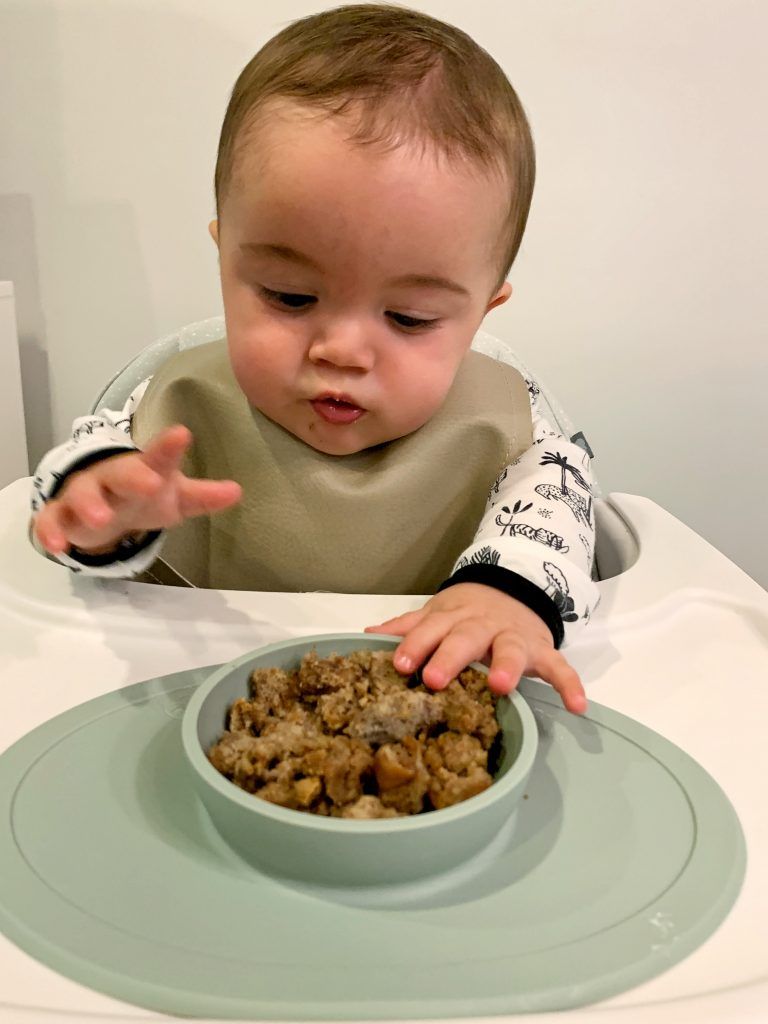 Or if they’re overstimulated, you could cuddle them in a quiet room for a bit or play some soothing music. You can also provide a pacifier for them.
Or if they’re overstimulated, you could cuddle them in a quiet room for a bit or play some soothing music. You can also provide a pacifier for them.
If your child is chewing on their hand because they’re teething, there are several tips that could help relieve their discomfort. There are many teething toys available on the market.
Some of the most popular models include teething rings, some of which are filled with water that can be chilled in the fridge. The cool water can help relieve your baby’s aching gums. Other products, such as teething gels, can numb their gums and relieve teething symptoms.
Excessive hand chewing might also be a symptom of oral thrush. Other symptoms of thrush include mood changes, refusing to nurse, and having white velvety sores in the mouth and on the tongue. If that’s the case, contact your health care provider.
It’s important to keep in mind that in many cases, it’s perfectly normal for your baby to chew on their hand. While it’s normal to be concerned as a new parent, there is no need to worry about these behaviors.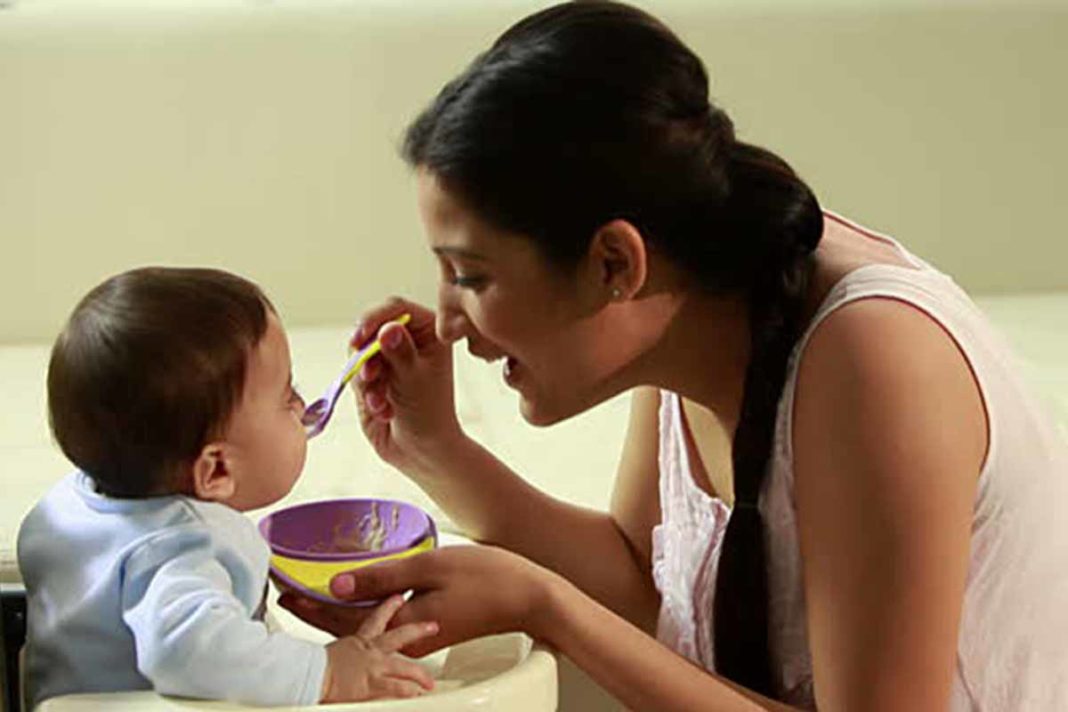
If you fear you’re worrying too much, can’t bond with your baby, or are worried about your feelings as a new parent, talk to your health care provider about postpartum depression. With help and treatment, you’ll soon be feeling like your old self again.
When should newborns stop sucking their hands?
Every child develops differently and will learn to stop sucking on their hands at a different age. Some babies never do this, while others love their pacifiers, and others continue to suck their hands even after their first birthday.
If you’re worried about your baby sucking on their hand, talk to your pediatrician about it. They’ll be able to address any concerns and help you stop this behavior when your baby is a bit older. When your child is 18–24 months old, you’ll probably have an easier time trying to break this habit.
It’s normal to worry when your baby does things you can’t understand. Your baby could be chewing their hand for many reasons, from simple boredom to self-soothing, hunger, or teething.
Regardless of the cause, this is a very common behavior that most babies exhibit at some point during their first months of life. In most cases, it’s perfectly normal and your baby will grow out of it with time!
Child sucking fingers
Lately, pediatricians and psychologists agree that a finger in the mouth is, first of all, an unsatisfied sucking instinct.
Sucking reflex
By the way, one observant mother noticed an interesting thing. Her son is on a mixed diet - that is, along with breast milk, he is fed formula milk from a bottle. So, the child copes with the bottle much faster than with his mother's breast, and after that he immediately pulls his fist into his mouth. This example is a vivid illustration of the fact that thumb sucking is required by a nursing infant precisely in order to satisfy the sucking reflex. In babies, whom the mother breastfeeds for a long time (and not according to the regimen, but on demand), such a habit, as a rule, is not observed.
The fact is that for a baby, the concepts of "suck" and "exist" are very close. They suck not only for saturation, but also for development. Studies have shown that when sucking, natural processes that have been debugged for centuries are launched: nutrients are absorbed, digestion improves, the brain develops, and the child feels psychological comfort.
What mechanism is responsible for sucking? In no other part of the body is there an outlet for such powerful receptors as in the mouth. The best that nature has come up with for the development of these systems is the mother's breast. That is why it is so important that the baby can get it at his first request.
Unfortunately, sometimes you have to look for a replacement breast. Of course, a bundle with a crumb of bread (as in the days of our great-grandmothers) or modern “correct” orthodontic pacifiers are just a pitiful semblance of a warm mother’s breast. But, alas, to some extent they are necessary if your baby is bottle-fed.
Another way to satisfy the sucking reflex, which is literally always at hand, is with your own finger. But dentists and speech therapists unanimously argue that sucking a pacifier, and in particular, a finger, leads to palate deformity, the formation of an abnormal bite, and poor closing of teeth. Thumb-sucking babies often have their teeth growing in a specific way, with the top teeth protruding forward and the bottom teeth growing back a little.
What to do? On the one hand, this habit is natural and logical, but on the other hand, it is harmful, and we have to fight it.
Why does a child suck his thumb?
There may be several reasons.
- Breastfeeding babies often suck their fingers before or after feeding as a sign that they are already hungry or haven't sucked yet. After all, the baby eats the main portion of milk in the first 5-10 minutes, and the rest of the time they suck just “for pleasure”, squeezing the milk drop by drop. If the baby puts his fingers in his mouth after breastfeeding, you may be holding him at the breast less than he needs.
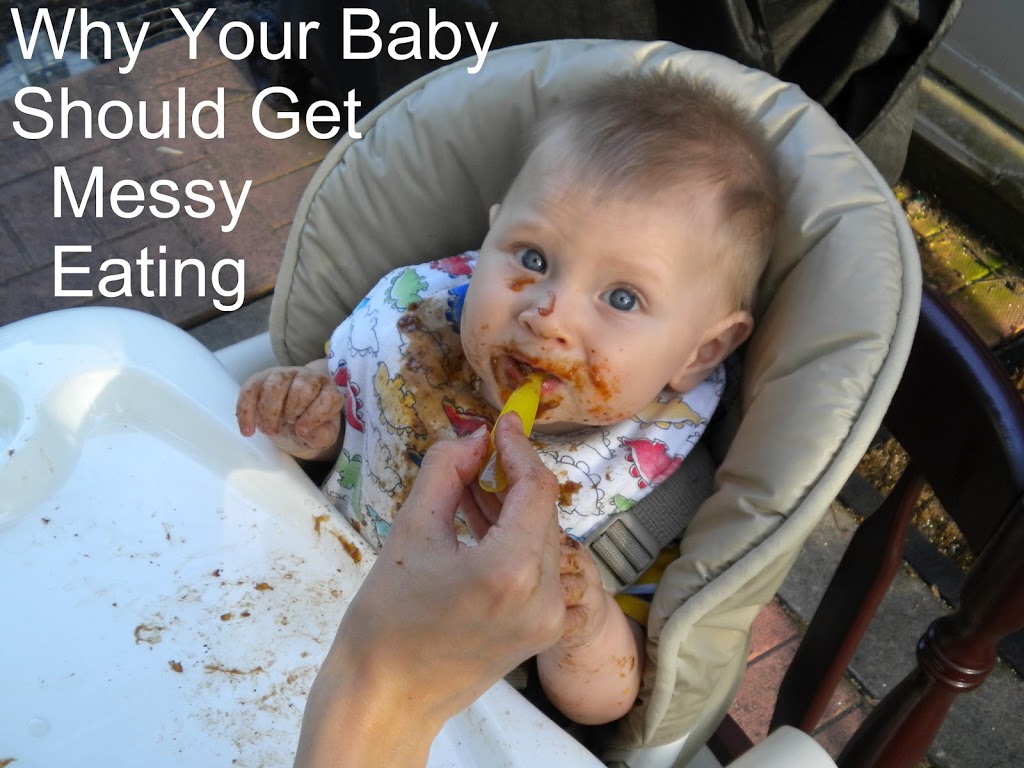
- The child is teething - and then with special enthusiasm he pulls into his mouth everything that comes to hand.
- At an older age, a child may suck his thumb if he lacks parental love and affection.
- Sometimes thumb sucking becomes a sedative - this is how the baby instinctively relieves excessive excitement or calms himself before bedtime.
- Your child may just be bored.
How not to stop thumb sucking
The "ingenuity" of some parents simply knows no bounds. They:
- smear their children's fingers with mustard, aloe juice, cover them with a special bitter varnish;
- tie handles and bandage fingers;
- put on (and sometimes sewn to the shirt so that it can not be removed) woolen mittens.
These are quite cruel ways that bring a lot of suffering to the crumbs. And, most importantly, they cease to act as soon as the parents stop repressive measures. And everything goes back to normal.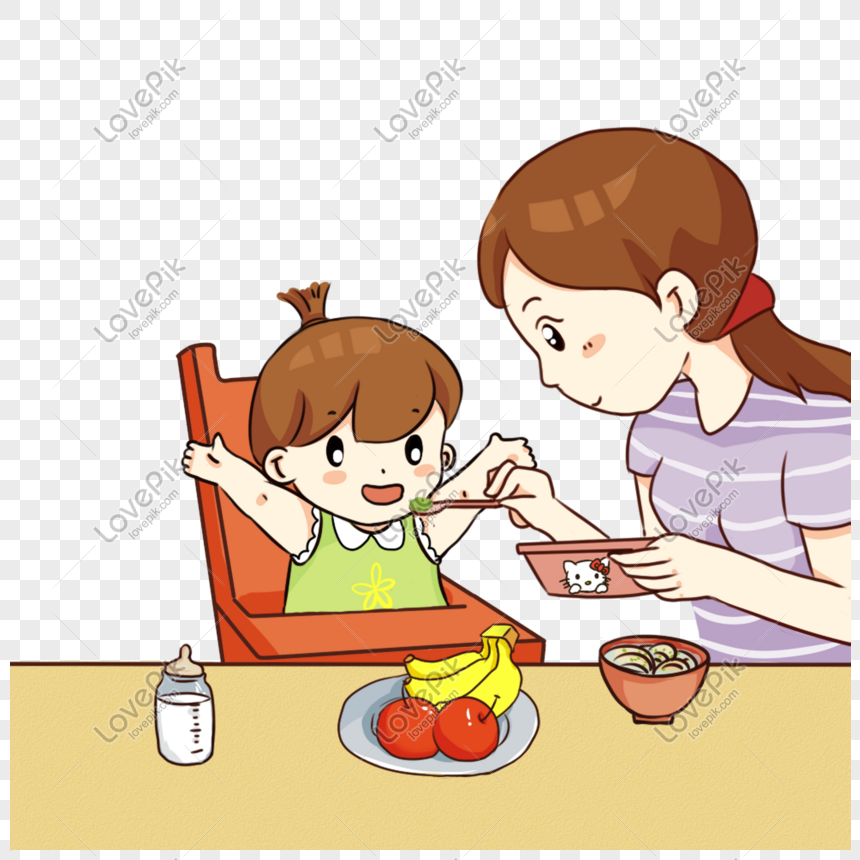
The constant shouting “take your finger out of your mouth” is also useless - from some point on, children simply stop responding to them, this is a kind of defensive reaction of the body to a habit that is important for the body for one reason or another. Moreover, threats and punishments sometimes lead to the opposite result. After all, as we found out, the child often sucks his finger to calm down. This means that in a stressful situation for himself (namely, shouts and punishments lead to stress), the baby will strive with a vengeance to somehow calm himself - with the help of sucking.
How to break the habit of sucking your thumb
- If it is an infant under one year old, try increasing the sucking time. You can simply offer the breast more often to the baby and keep it longer (30-40 minutes). With artificials it is more difficult - you will have to choose a nipple from which it will be quite difficult to suck, in this case, the baby will need more time to absorb the same portion of the mixture than before.
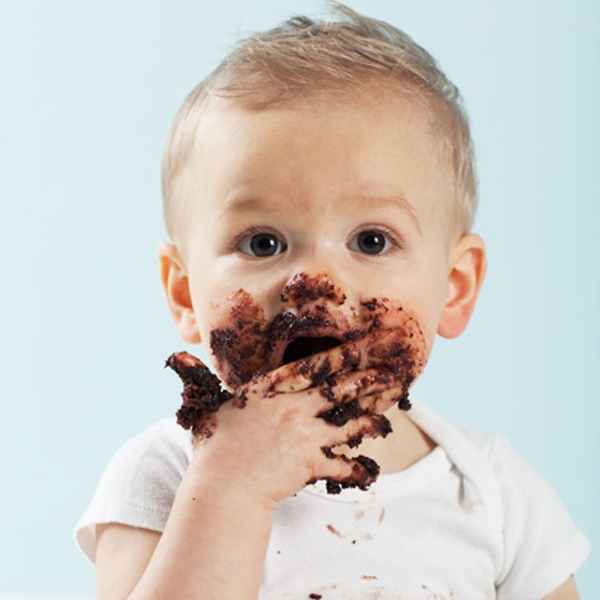 Ideally, this should take about twenty minutes. It may be worth adding another feeding, over time it will be canceled.
Ideally, this should take about twenty minutes. It may be worth adding another feeding, over time it will be canceled. - If your baby is past breastfeeding and is suckling mostly for self-soothing, find other ways to soothe him. For example, if he is upset, teach him to express his feelings in words, hug him, caress him, read an interesting book together. Sometimes children put their fingers in their mouths in a repetitive situation, such as while watching TV. In this case, find an adequate replacement - slip him a small rubber ball or other toy that you can knead with your fingers.
- It is important that the hands are busy with something. Speech therapists and psychologists get tired of repeating the benefits of developing fine motor skills - this is very important for the development of speech. Let the kid fiddle with clay, pebbles, sand, assemble a designer from fairly small parts, put together mosaics or puzzles.
- Little fashionista will appreciate the first "real" manicure, just like her mother's.
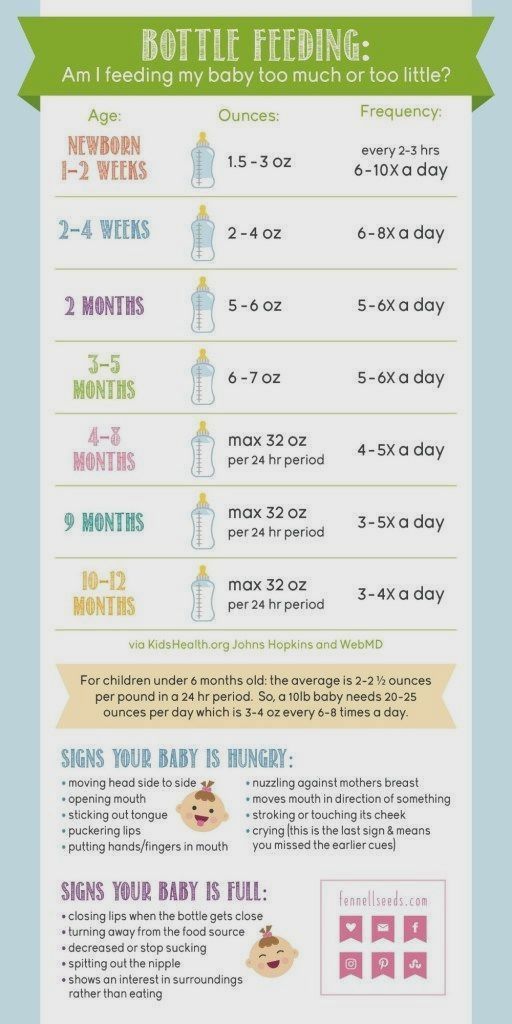 Perhaps she does not want to spoil such beauty?
Perhaps she does not want to spoil such beauty? - Sometimes it helps to visit the dentist, who will tell the child about the dangers of sucking fingers. This is a person who is quite authoritative for the baby, and he will confirm that parental requirements are not their empty whim.
- Focus the child's attention on the fact that, having stopped sucking his thumb, he will be quite an adult. This habit is permissible only for the smallest, and for such a respectable young man or adult girl, it is simply unacceptable. By the way, most children actually wean themselves from this habit between the ages of two and four.
Inessa Smyk
Sources
- Chi P., Wang XJ. [Significance of the intact of the fascia propria in protection of pelvic plexus during total mesorectal excision]. // Zhonghua Wei Chang Wai Ke Za Zhi - 2021 - Vol24 - N4 - p.297-300; PMID:33878817
- Shih HS., Winstein CJ., Kulig K. Young adults with recurrent low back pain demonstrate altered trunk coordination during gait independent of pain status and attentional demands.
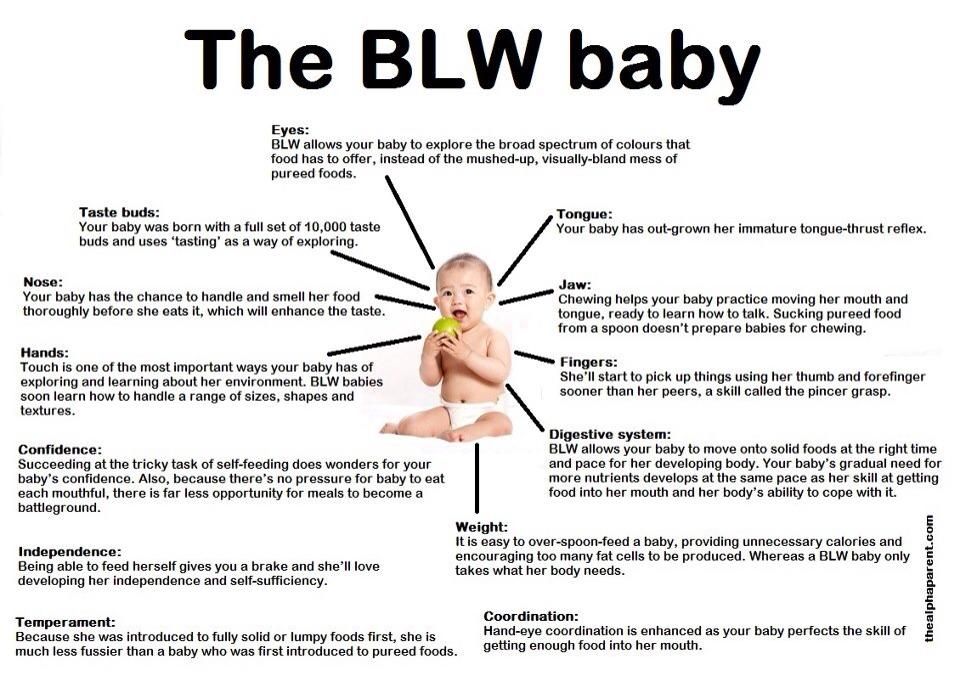 // Exp Brain Res - 2021 - Vol - NNULL - p.; PMID:33871659
// Exp Brain Res - 2021 - Vol - NNULL - p.; PMID:33871659 - Carannante F., Bianco G., Lauricella S., Mascianà G., Caricato M., Capolupo GT. TaTME approach as a rescue during a laparoscopic TME for high rectal cancer. A case report. // Int J Surg Case Rep - 2021 - Vol82 - NNULL - p.105870; PMID:33857768
- Baek SJ., Piozzi GN., Kim SH. Optimizing outcomes of colorectal cancer surgery with robotic platforms. // Surg Oncol - 2021 - Vol37 - NNULL - p.101559; PMID:33839441
- Shimizu J., Iba K., Emori M., Sasaki M., Yamashita T. Reconstruction Using Free Vascularized Fibular Grafts after Wide Resection of Humerus Chondrosarcoma in a Patient with Cleidocranial Dysplasia. // Case Rep Orthop - 2021 - Vol2021 - NNULL - p.2302879; PMID:33747589
- Del Gutiérrez Delgado MP., Mera Velasco S., Turiño Luque JD., González Poveda I., Ruiz López M., Santoyo Santoyo J. Outcomes of robotic-assisted vs conventional laparoscopic surgery among patients undergoing resection for rectal cancer: an observational single hospital study of 300 cases.
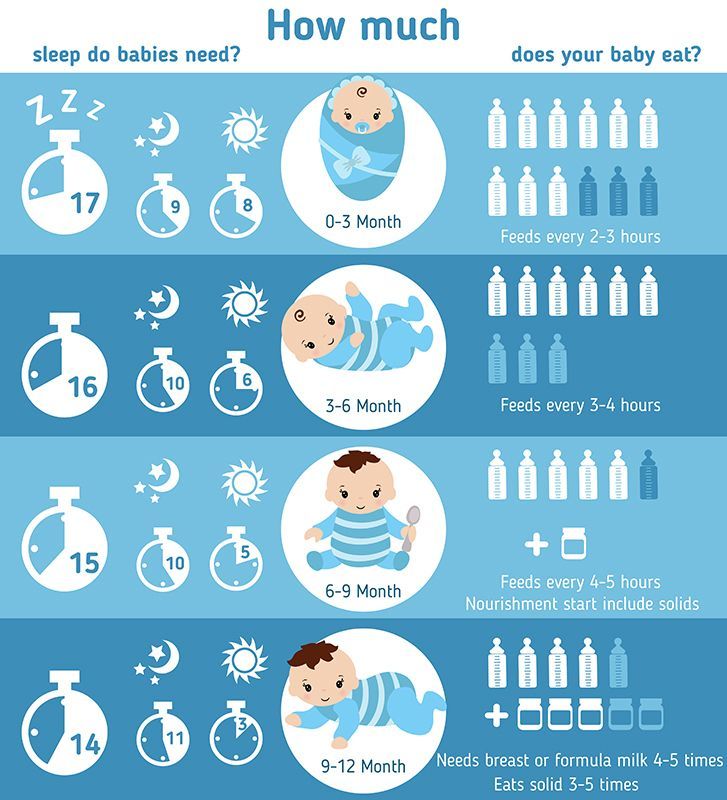 // J Robot Surg - 2021 - Vol - NNULL - p.; PMID:33743145
// J Robot Surg - 2021 - Vol - NNULL - p.; PMID:33743145 - Flynn J., Larach JT., Kong JCH., Warrier SK., Heriot A. Robotic versus laparoscopic ventral mesh rectopexy: a systematic review and meta-analysis. // Int J Colorectal Dis - 2021 - Vol - NNULL - p.; PMID:33718972
- Ziati J., Souadka A., Benkabbou A., Boutayeb S., Ahmadi B., Amrani L., Mohsine R., Anass Majbar M. Transanal total mesorectal excision for patients with rectal cancer : a Systematic review and meta-analysis . // Gulf J Oncolog - 2021 - Vol1 - N35 - p.66-76; PMID:33716215
- Nasir I., Mureb A., Aliozo CC., Abunada MH., Parvaiz A. State of the art in robotic rectal surgery: marginal gains worth the pain? // Updates Surg - 2021 - Vol - NNULL - p.; PMID:33675509
- Jayasimha S., Nagasubramanian S., Jayanth E ST., Muthukrishna Pandian R., J C., Kumar S. Management of proximal migration of double-J stents after Anderson-Hynes pyeloplasty in children. // J Pediatr Urol - 2021 - Vol - NNULL - p.
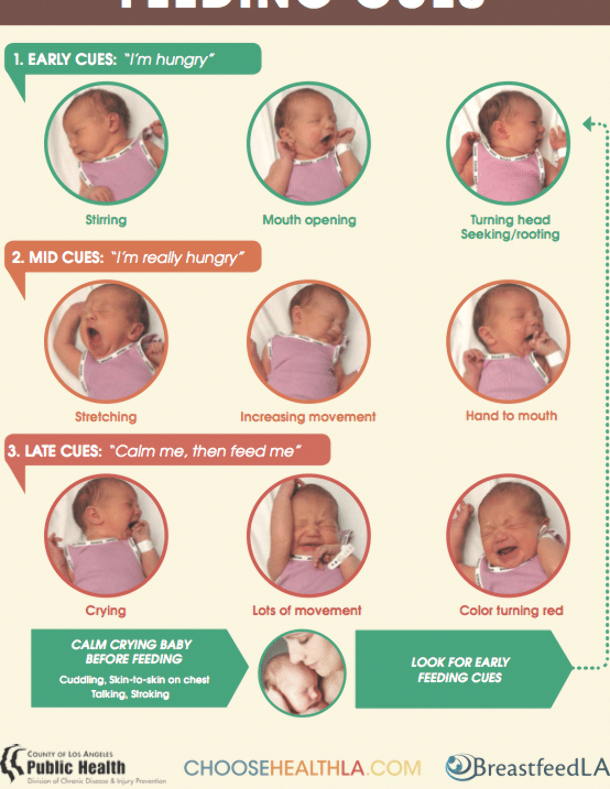 ; PMID:33622628
; PMID:33622628
How to wean a child from sucking his thumb: advice from a pediatrician and dentist
Why a child sucks his thumb
As Irina Meshcheryakova, a pediatrician at the SM-Clinic in St. Petersburg, explained to Gazeta.Ru, the reflex process of sucking appears in children even in the womb. Often, with an ultrasound examination, it is possible to see that the child is sucking on his fingers.
After the birth of , baby may suck her thumb to satisfy the sucking reflex - especially if the mother for some reason ends breastfeeding too early and transfers the baby to artificial feeding. Also, most children put their fingers in their mouths for the purpose of self-soothing.
“If a child is anxious, then such an activity allows him to feel the comfort and security that he receives at the mother’s breast,” explains the pediatrician.
The habit of thumb sucking can be explained by problems in the emotional sphere, for example, when a child lacks acceptance, care and love.
Why is the habit of sucking fingers dangerous? from the gastrointestinal tract. And, of course, do not forget that the oral cavity is the "entrance gate" for infection. Unwashed hands that a child constantly puts into his mouth are the cause of many infectious diseases.”
In addition, the doctor warned that you need to pay attention to how the child holds his fingers in his mouth: loosely or presses on the gum. In the second case, bite changes, the formation of a gap between the upper and lower front teeth, forward tilt of the front teeth, narrowing of the upper jaw are possible.
How does breastfeeding affect the bite? and head and body position. The muscles that help develop the jaws correctly are involved, in particular the position of the lower jaw. Thanks to this, the correct position of the articular head and articular surface is formed.
Starting a baby early on artificial feeding can develop a habit of sucking his fingers - in this way the baby will try to get closer to the sensations that he experienced at the mother's breast. However, this is fraught with the formation of an incorrect bite.
However, this is fraught with the formation of an incorrect bite.
close
100%
Formation of malocclusion (open bite)
Vladimir Losev warns parents that bite deformity can be caused not only by a baby's thumb sucking habit, but also by the use of an incorrect nipple when switching to artificial feeding. The situation is aggravated when the child lies not on its side, but on its back - in this position, other muscle groups are involved (in contrast to what happens during natural breastfeeding), which leads to an incorrect formation of the lower jaw.
“This leads to a decrease in the volume of the lower jaw, it narrows - accordingly, there is a decrease in the volume of the oral cavity, there is little room left for the tongue, it begins to strive outward. All this causes the front teeth to be pushed out - thus an open bite is formed, ”explains the doctor.
The dentist also noted that there are special anatomical nipples that are designed so that the child does not experience bite changes and is formed correctly, as during breastfeeding.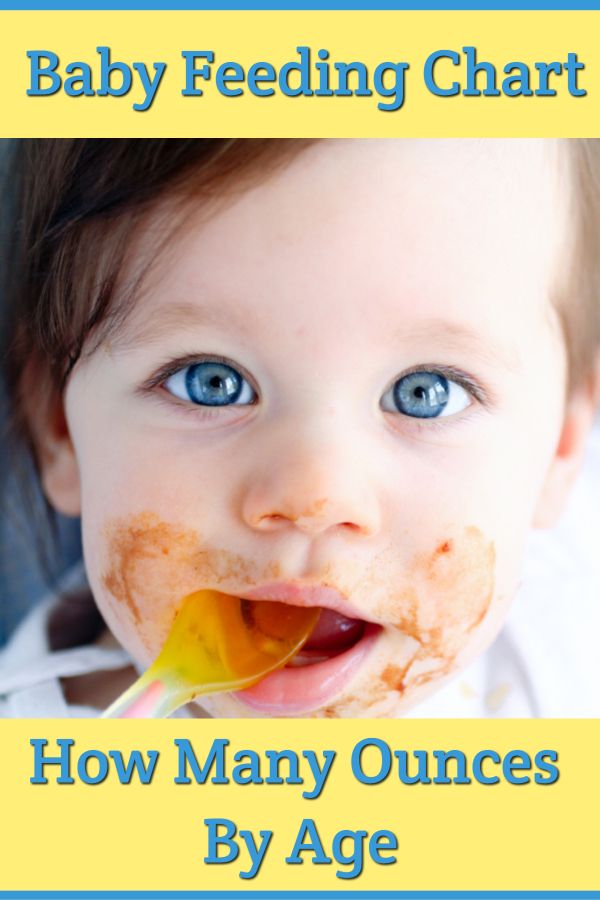
“They must be used from six months to a year. During this period, the formation of the joint takes place, ”explains Vladimir Losev.
It is also important to wean the child from sucking fingers in time.
close
100%
At what age should a child stop sucking his thumb
Coercion will only slow down learning: how to potty train a child
The process of potty training a child for most parents looks difficult and lengthy ...
April 21 12:26
In the first year of life, the habit of sucking fingers is not so dangerous, however, the sooner the child gets rid of it, the less unpleasant consequences it will have, explains Irina Meshcheryakova.
“It is believed that at the age of three or four this habit should disappear on its own and without any special consequences. The main thing is that the child should stop sucking his thumb before the age of six or seven, when the milk teeth are replaced by permanent ones. If the habit persisted at an older age and permanent teeth fell under the influence, then you need to contact an orthodontist, ”comments the pediatrician.
How to wean a child from thumb sucking
If a small child constantly puts his fingers in his mouth, then the correct approach to feeding will help to get rid of this habit.
“If the baby sucks his fingers between breastfeeds, it is worth increasing the time of the meal. If the child is artificially fed, the diameter of the hole in the nipple should be reduced so that the feeding process becomes longer,” recommends Irina Meshcheryakova.
The pediatrician emphasizes that in no case should a child be punished for a bad habit. Parents who try to wean their child from sucking fingers with mustard are also making a mistake.
Build, destroy and hide. How a child’s body and psyche “breaks down” without ordinary games
Any healthy child is inquisitive by nature - even the simplest toys make him...
April 21 12:31
“You should not try to smear a child's fingers with strong-smelling substances, bitter varnish or savory sauces - this will not lead to the desired result.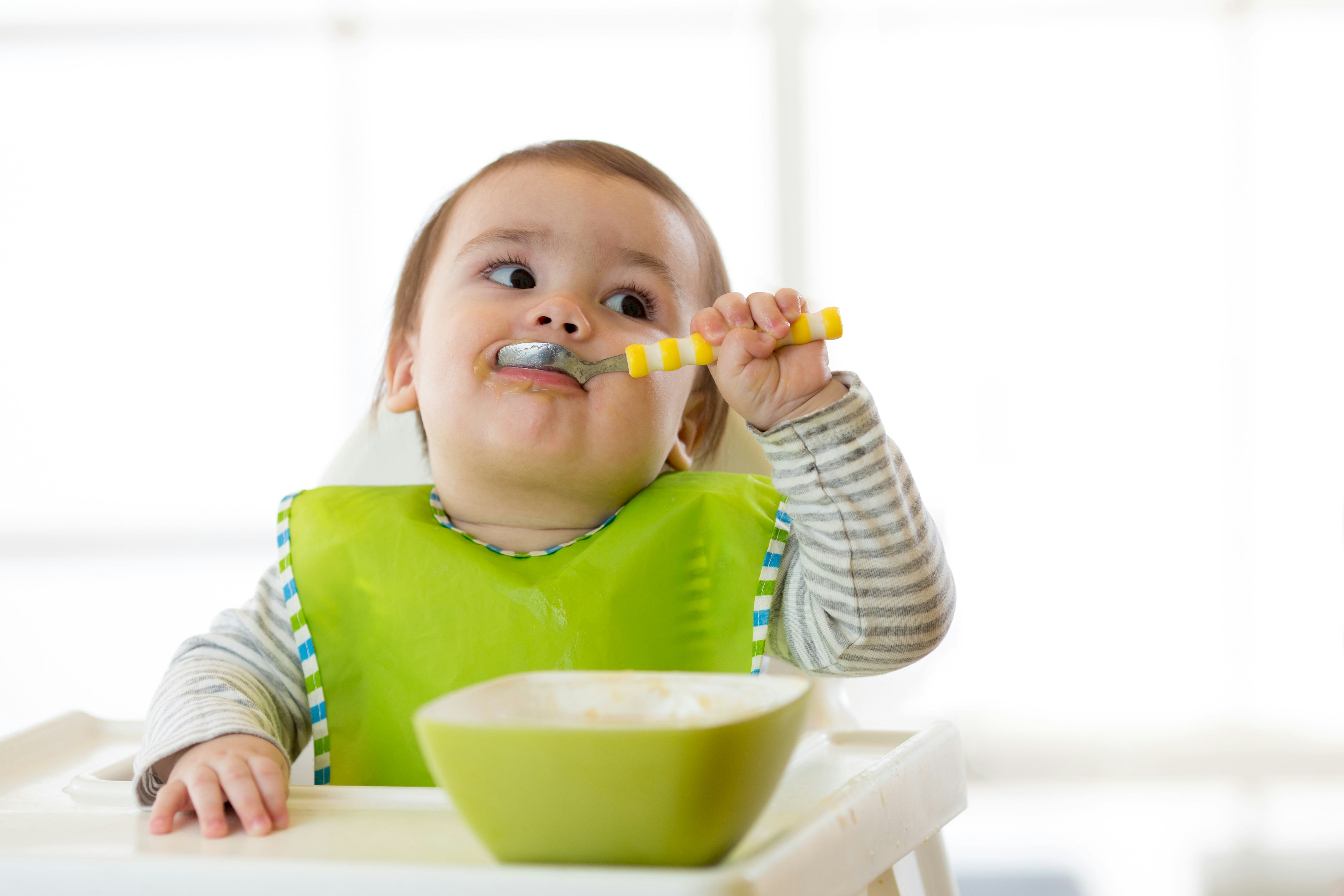 The baby can be put on mittens at night so that he cannot suck his finger in his sleep, and during the day gently remove the hands from his mouth. You need to control this process calmly and methodically. But no more than that, since the stress of screaming or punishment, on the contrary, will lead to the fact that the baby will suck his fingers even more - because this process calms, ”warns Dr. Meshcheryakova.
The baby can be put on mittens at night so that he cannot suck his finger in his sleep, and during the day gently remove the hands from his mouth. You need to control this process calmly and methodically. But no more than that, since the stress of screaming or punishment, on the contrary, will lead to the fact that the baby will suck his fingers even more - because this process calms, ”warns Dr. Meshcheryakova.
If you can't get rid of this habit, then you should think about the psychological state of the child. Perhaps a traumatic situation persists, or the child simply does not know what to do with himself. In both cases, everything is in the hands of the parents.
close
100%
Irina Meshcheryakova offers parents some simple rules for communicating with their children:
· spend more time with your child;
· do not allow manifestations of aggression or negative emotions in the presence of a child;
Praise him often for all his achievements, including the absence of the habit of sucking his thumb.

